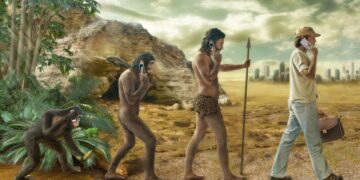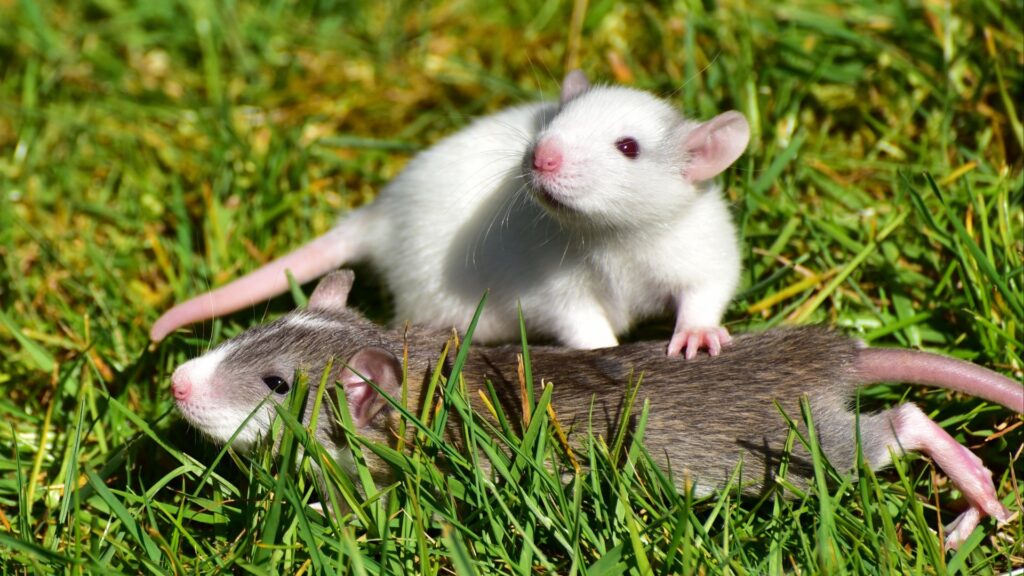Principles of the theory of evolution discovered by Charles Darwin are clear. The living species change over time, when the natural selection acts on populations, made up of individuals all different. The implications of this and other theories have yet to be understood by society. This is why we have approached evolution in reverse, starting from what it is not (but what everyone thinks it is).
The term evolution means a change over time. For instance, laptops have evolved over the last ten years. However, when biologists talk about evolution, they refer to the history of life. In particular, biological evolution means the development of the various species from ancestral species. The long process of evolutionary development depends on changes in DNA, mutations, which fundamentally change the biology of the organism.
When such changes are favorable to survival, they are retained. If a small population of a few individuals undergoes a significant number of changes – and is geographically isolated from other populations – a new species may emerge.
It is often heard that evolution is justifying aggression and oppression because it is “the law of the strongest”. This concept is absolutely strange to science: the most “fit” in a population are not the strongest physically, or the most aggressive, but those individuals who reproduce more and better. As an example, rodents or lagomorphs, such as hares and rabbits, cannot be said to be aggressive, nor stronger than a predator. And yet they are among the most widespread mammal species on Earth.


















































Discussion about this post